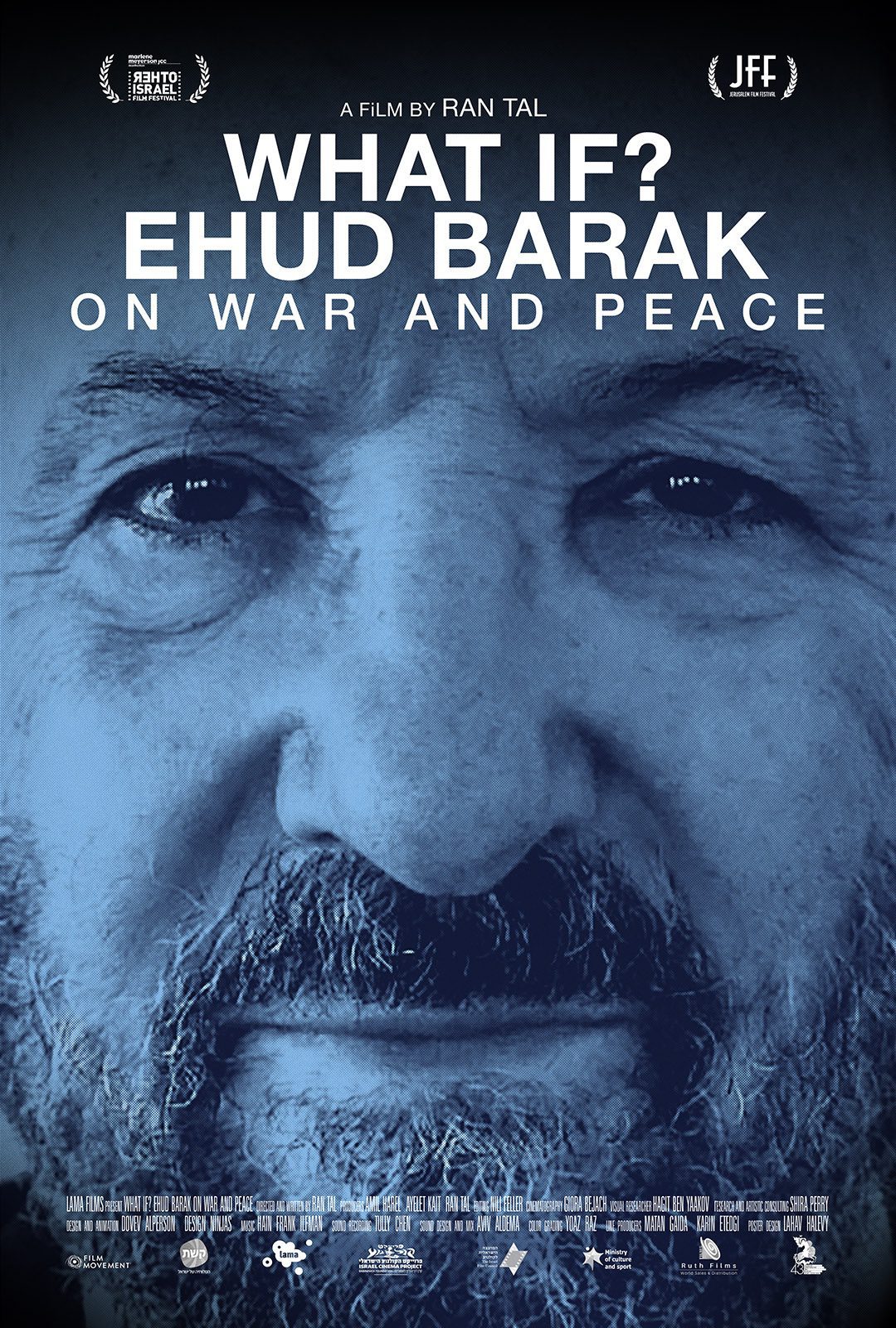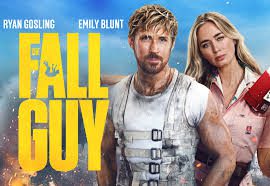“Undoubtedly, the tremendous forces of history will cause the leader to fail to change reality as he wanted, but the leader’s primary obligation is to try to act.”
Do leaders actually have the ability to change the world? Or are there so many factors involved that they are just one small force among many? What If? Ehud Barak on War and Peace from directory Ran Tal lets us hear former Israeli Prime Minister Ehud Barak contemplate his role in Israel’s history.
Ehud Barak, born in a kibbutz before independence, grew up with strong Zionist ideals. As part of the Israeli Defense Force, he rose to command an elite unit. He devised a plan to assassinate Yasser Arafat, and, later, a plan to assassinate Saddam Hussein. He rose within the military and within the government, eventually becoming Prime Minister. As Prime Minister he took part in the failed 2000 Camp David peace talks. This film is not so much about his life as it is about how various decisions came to be made and the effects.
The film is an extended interview with Barak and is divided into seven chapters built around various decisions, such as “When to kill and whom?”, expelling the Arabs from the new state of Israel, and dividing Jerusalem. In each section, we hear Barak consider the actions of leaders at each step.

There are a few very insightful pieces in the film. The first is that while in the IDF, he planned to kill Arafat (but was told not to by superiors), then later as Foreign Minister meeting Arafat at an event in France. To meet someone in person is much different than studying him and seeing him only as an enemy.
The two come together again at Camp David, where they strove for an extended period seeing an end to the Israeli-Palestinian struggle. When the talks failed to reach an agreement, Barak was disappointed that Arafat would not accept the concessions being offered. Shortly thereafter the Second Intifada began, leading to the death of thousands.
Barak spoke of the risks that leaders must take if they wish to bring about change. Among the risks he speaks about is withdrawing forces from Lebanon, and later at Camp David, offering a divided Jerusalem to Arafat. Those risks took a heavy toll on Barak’s political career.
In many ways, this film is very similar to Errol Morris’s Fog of War, in which he talks extensively with former US Secretary of Defense Robert McNamara. Both films open with the same question: What is your earliest memory? Where this film is built around decisions, Fog of War is built around lessons learned. I expect this film is probably as important for Israeli’s raising questions about how there nation got to be where it is today and Fog of War is for Americans looking back at the Vietnam era and its aftermath.
The film’s title comes from a quotation from Sir Isaiah Berlin on the philosophy of history and whether history is shaped by exceptional individuals. He asked a series of “What if…?” questions. Yet those questions are not really of interest to Barak. For one thing, such hypotheticals can never be answered. He is more interested in understanding what has in fact happened.
His focus is more on events and what led up to them and happened because of them. He is less inclined (at least on camera) to talk about the morality involved in the decisions made. At one point he tells us, “Morality is a complicated issue haunting humanity since its early days, since morality existed.” Yet I find it troublesome that morality does not find its place in the kinds of decision that Barak talks about in this film. Are all those decisions morally justifiable? Perhaps, perhaps not. But to treat them as too complicated to include in the discussion gives the impression the decisions should not be judged.
What If? Ehud Barak on War and Peace in in select theaters.




